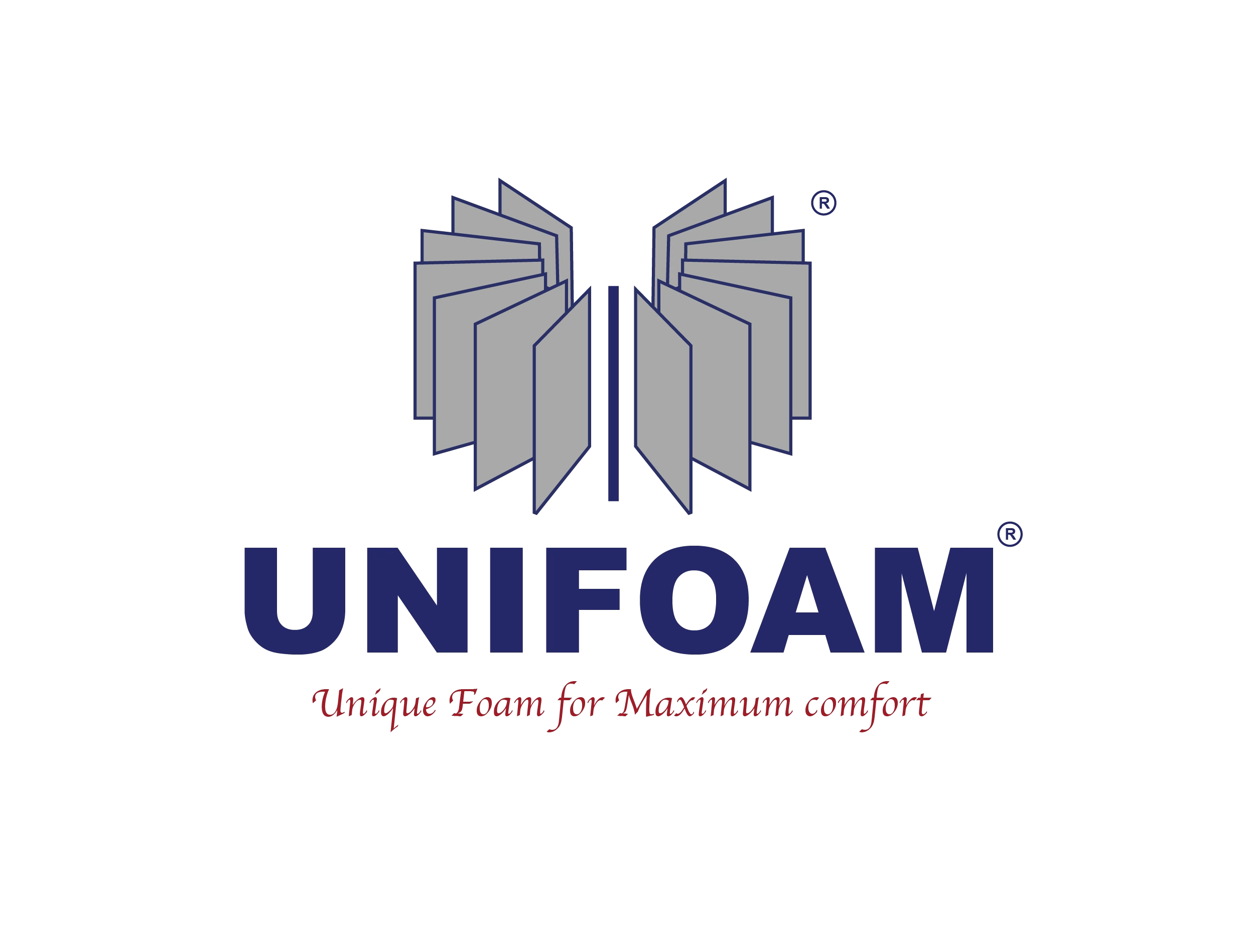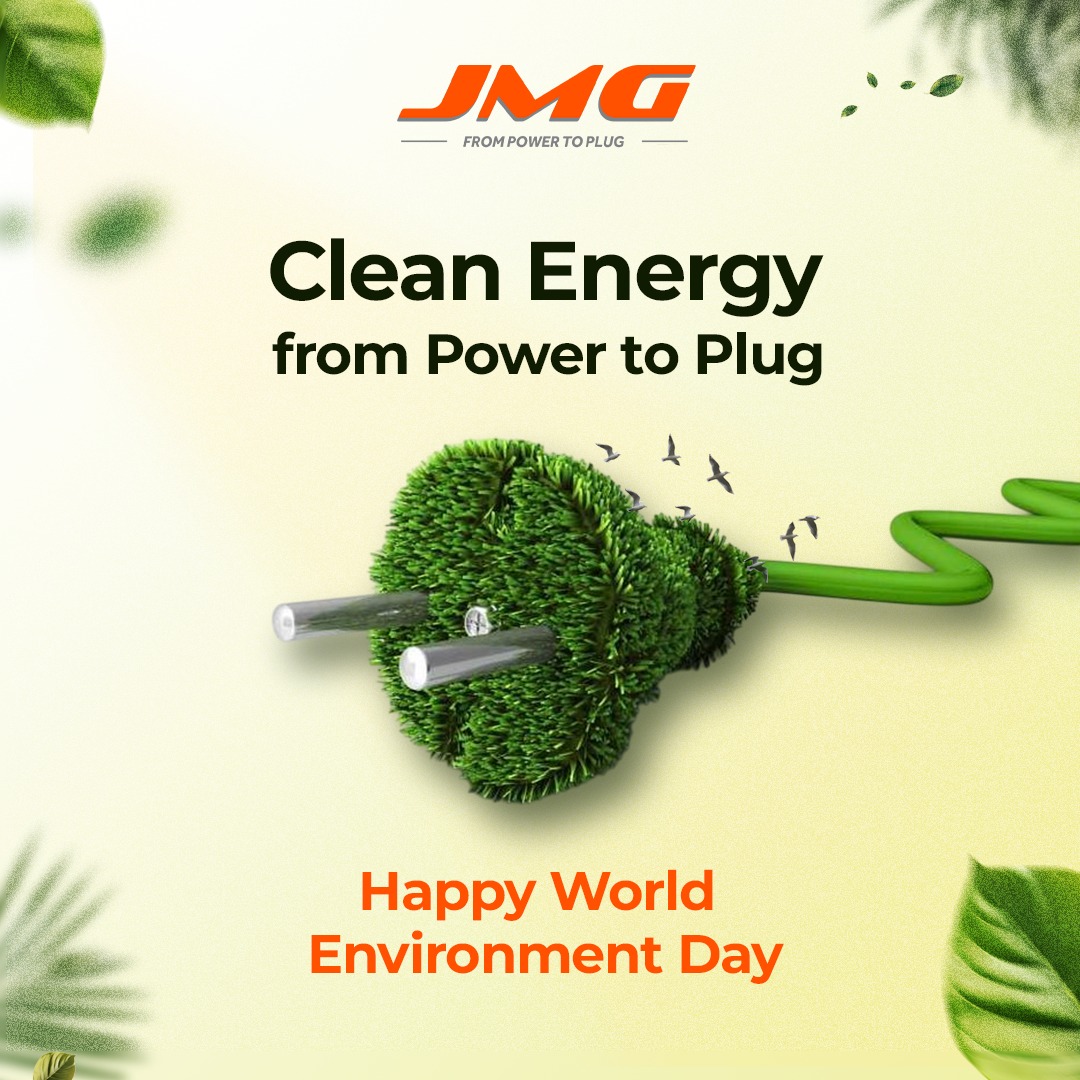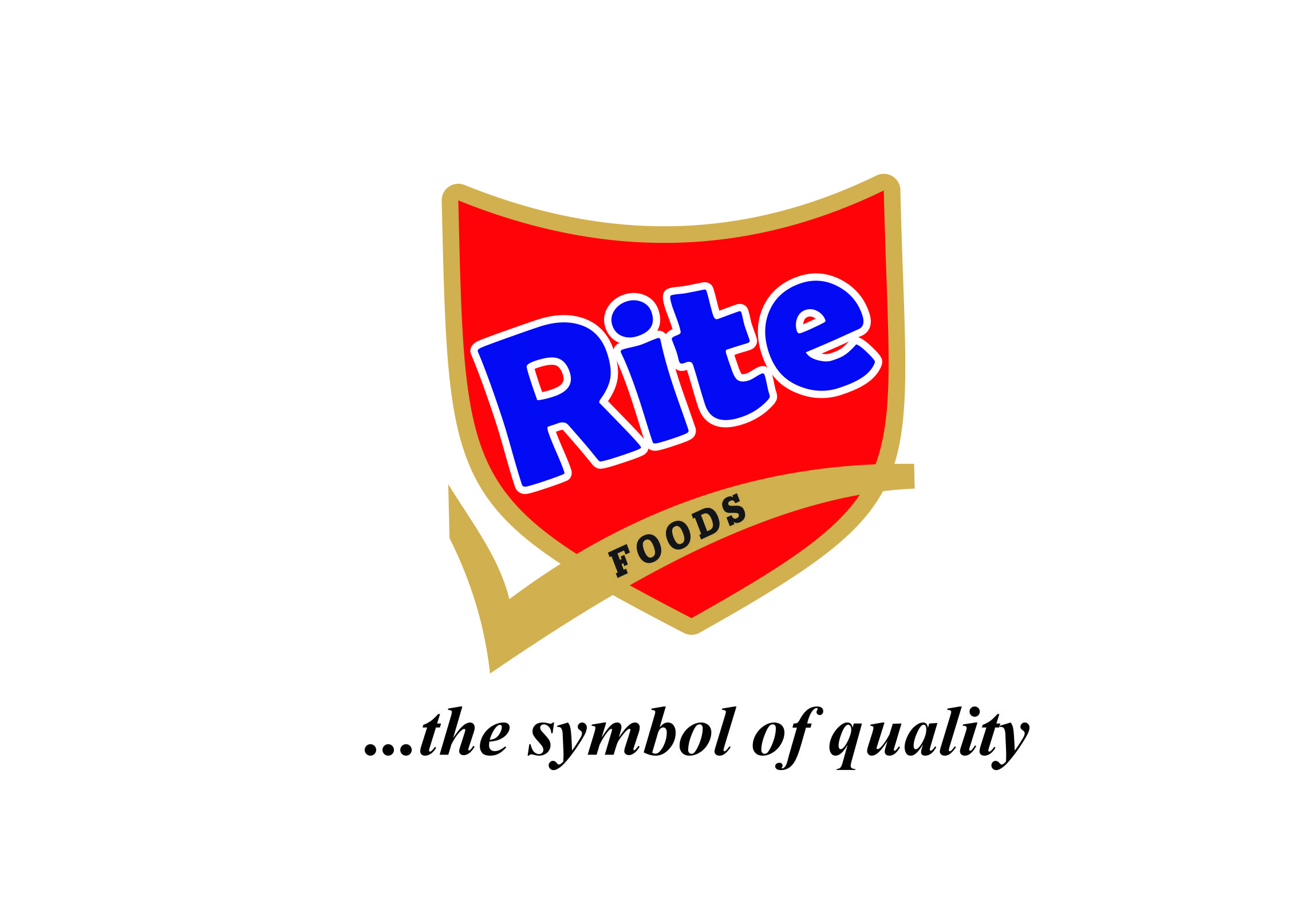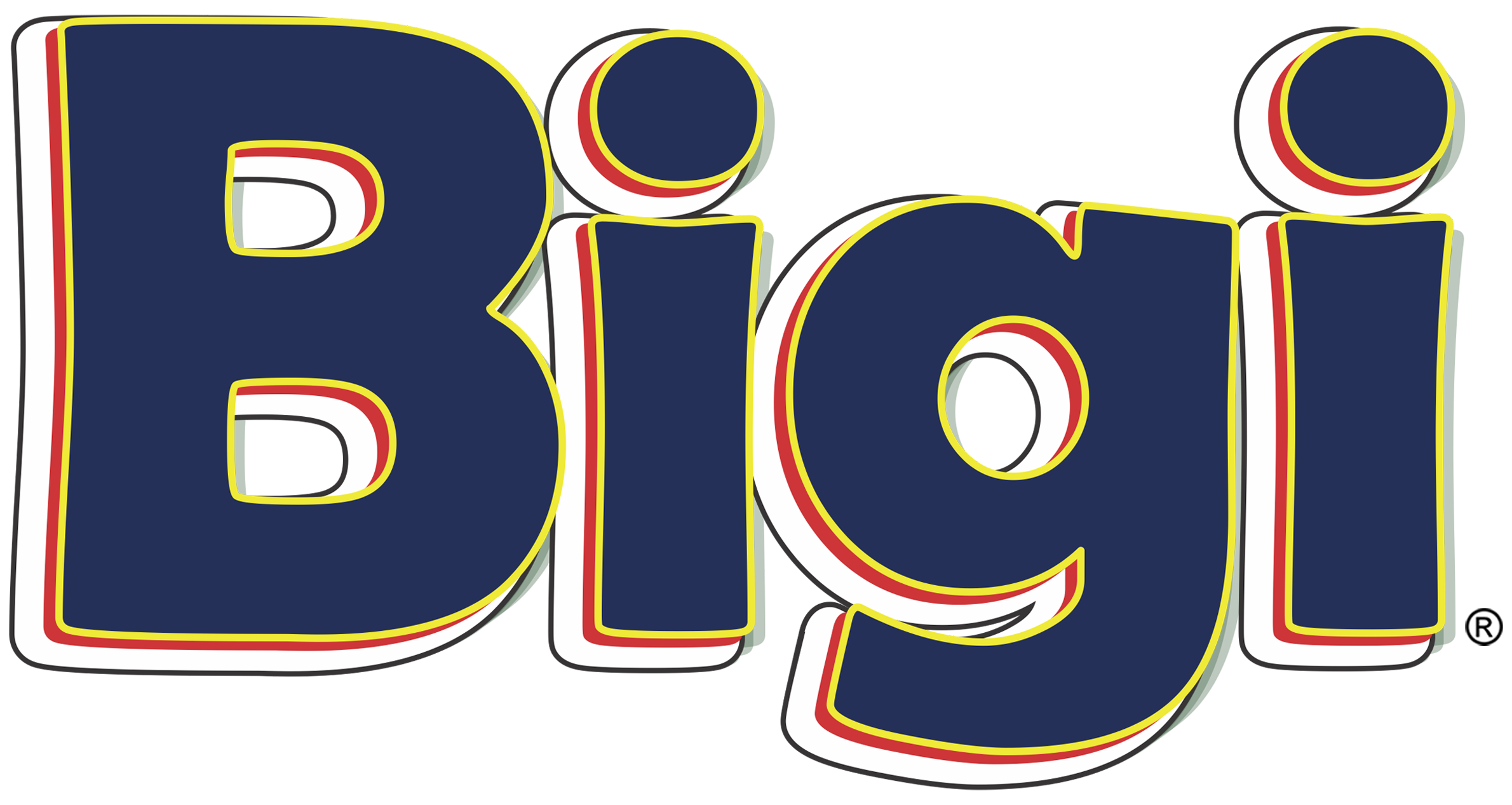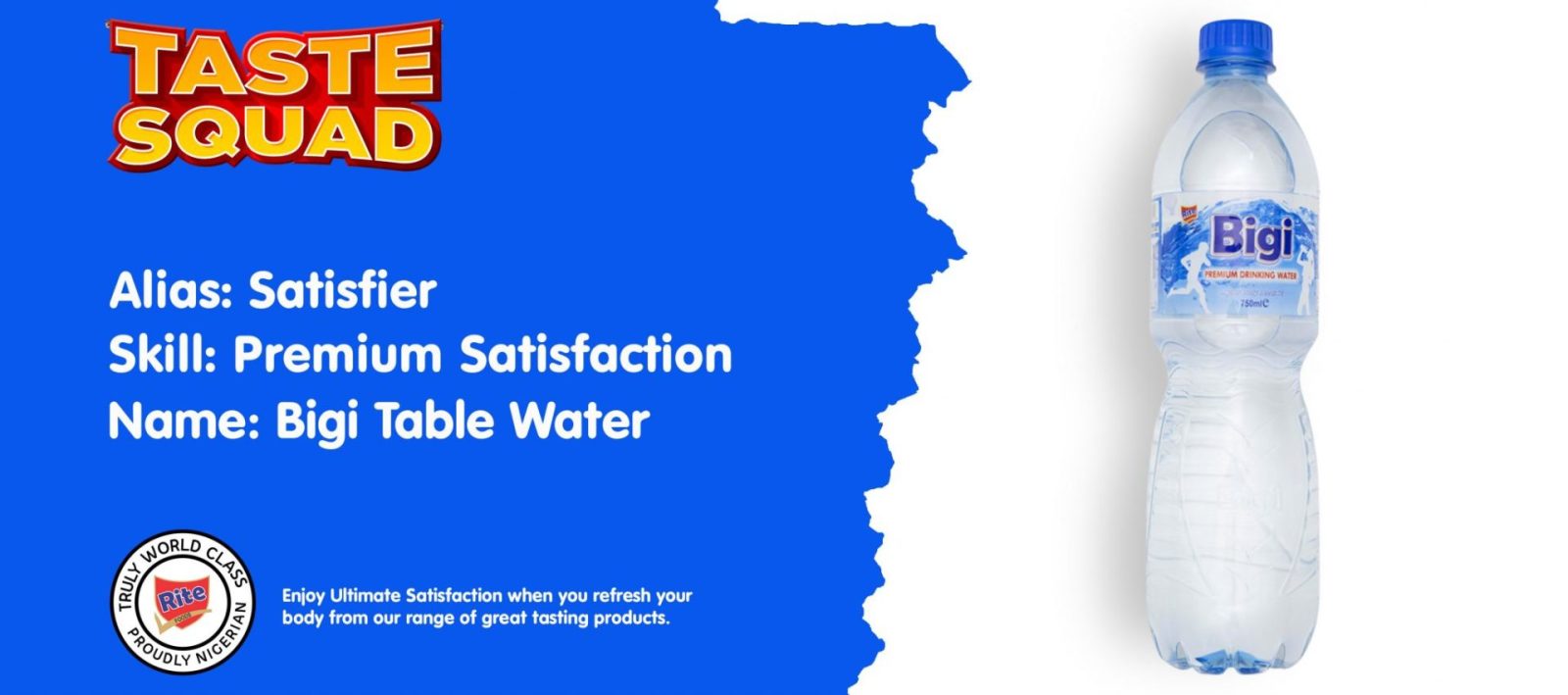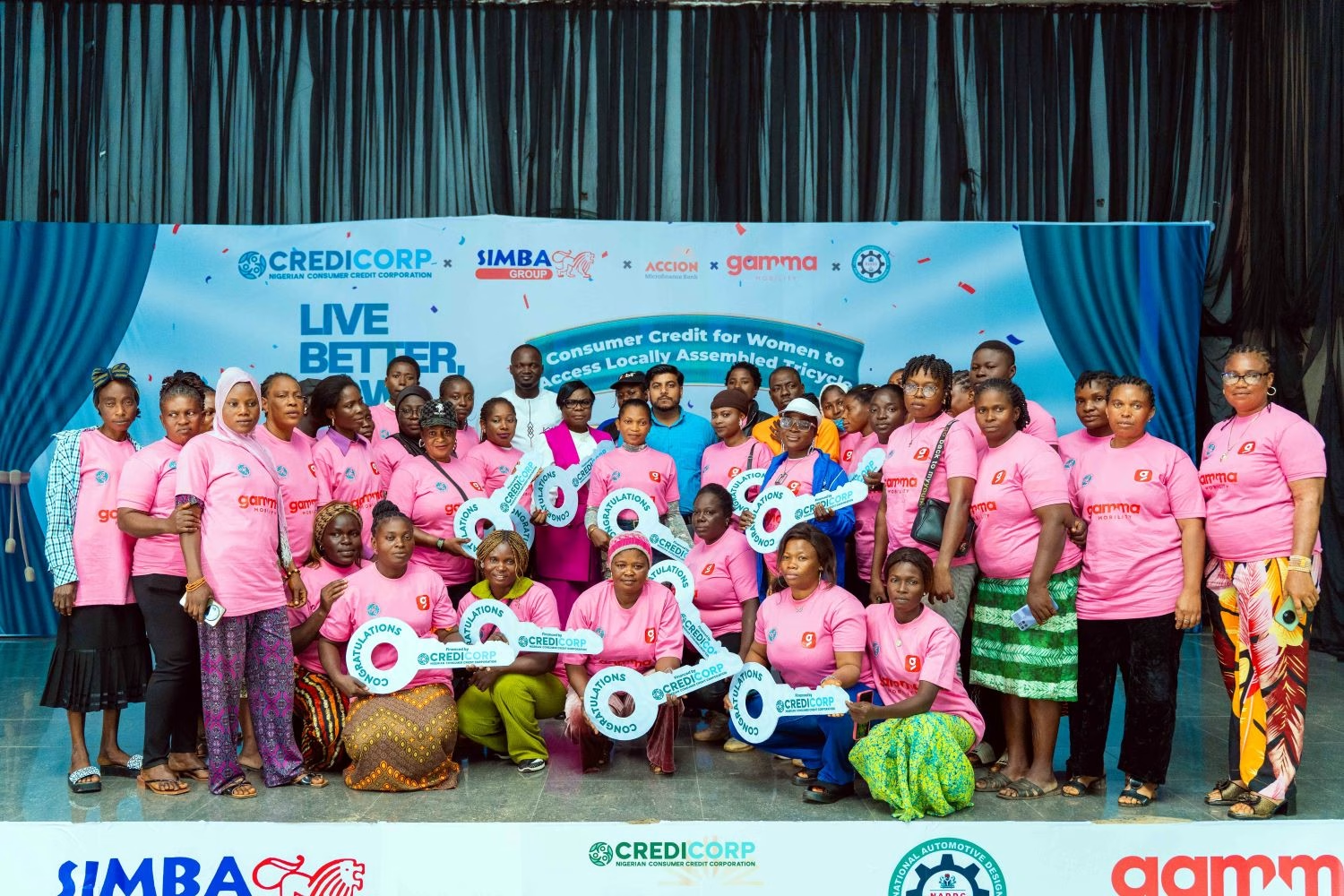The Bigi premium drinking water produced by Rite Foods Limited has joined other global brands in marking this year’s World Water Day and continues to reinvigorate Nigerians with long-lasting refreshing moments for healthiness.
The unrivalled brand which is produced with global best practices in purification offers quality, freshness, confidence, and reliability, with a leading position in the table water market in the country.
Celebrated annually on 22 March, this year’s World Water Day with the theme “Accelerating the change to solve the water and sanitation crisis,” is about taking action to tackle the global water crisis of the 2.2 billion people living without access to safe water.
In his remark, Rite Foods’ Managing Director, Mr. Seleem Adegunwa, said with the availability of the Bigi Premium Drinking Water across the country and beyond, the brand has provided access to cleaner and safer water for consumers in line with the United Nations Sustainable Development Goals (SDG) 6, being one of the world’s precious resources.
He stated that water is very essential to health and vital for other projects that are of great value to the people, hence it should be made available to meet the growing demand for it.
The Rite Foods boss further affirmed that with the Bigi Premium Drinking Water brand, consumers are assured maximum satisfaction and rejuvenating experience that makes the product widely accepted in the market, having been produced in a world-class factory with the latest technological infrastructure that makes it unique.
Similarly, the Company’s Assistant Brand Manager, Boluwatife Adedugbe, pointed out that with the high-quality Bigi Table Water, consumers’ thirst for water on-the-go has been catered for, with the satisfaction that surpasses others in the table water industry.
Given that, the importance of World Water Day has been well enumerated by the United Nations, to reach universal access to drinking water, sanitation, and hygiene by 2030. There is need for a giant stride that should be increased fourfold., as achieving this target would save 829,000 people who die annually from diseases directly attributable to unsafe water, inadequate sanitation, and poor hygiene practice.






